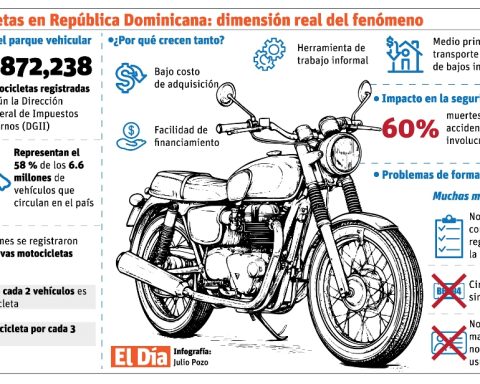In Chile, a country with more than 18 million inhabitants, surnames They play a fundamental role in cultural identity. However, while some surnames like González or Sánchez are so common that it is almost impossible not to know someone with those names, there are others that risk disappearing in the coming decades.
According to predictions generated by artificial intelligencesome rare surnames, mostly of foreign origin or linked to small communities, could become extinct within 50 years due to their low frequency and possible birth factors.
One of the main factors that could lead to the disappearance of certain surnames In Chile it is its rarity. Surnames of indigenous origin, such as Ñanculeo or Quintrileo, although they represent important cultural legacies, are carried by a small number of people. If these families fail to transmit their surnames to future generations, it is possible that these ancestral names will be lost over time, affecting the cultural and heritage diversity of the country.

Another interesting case is that of surnames of foreign origin, such as Schmidt or Vlahovic. These names, associated with European immigrations, have a presence in the country, but not in significant quantities. The low birth rate in some families or the tendency of children to adopt the surname of one parent instead of the other could contribute to the decline of these surnames in Chile. Although these names have a strong cultural heritage, the passage of time could reduce their visibility in future generations.
The surnames compounds, like Gómezberd, are also at risk. These names, which often combine two surnames from different lineages, can be difficult to preserve if families choose to simplify them or if only one of the components is passed on to descendants. In societies where surnames tend to be simplified, the disappearance of these double surnames could be a natural consequence of family and social dynamics.


















